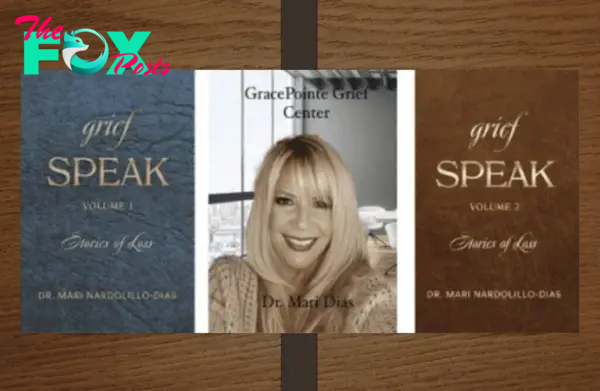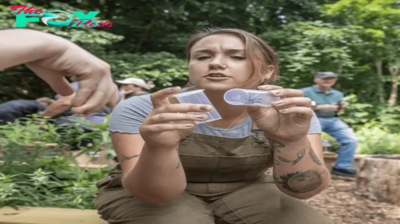Health
GriefSPEAK: Spatchcocked – Mari Nardolillo Dias
by Mari Nardolillo Dias, EdD, contributing writer
Spatchcocked
Even though something is expected, it does not mean it will result in less shock. Trauma. Theresa was diagnosed with stage 3 pancreatic cancer. It was considered stage 3 because it had already metastasized upon initial discovery. Theresa chose chemotherapy, in the hopes that the tumor would shrink enough to have radiation and then surgery (the Whipple). Unfortunately, following months of chemotherapy the MRI showed no change in the tumor. Theresa was ill due to the side effects of the chemotherapy, but lacked any distress from the cancer itself. She maintained her active Lifestyle, not in denial nor in hope. Just took it day by day. Almost a year passed before the cancer began to wreak havoc with her body.
Her primary care giver was her husband, John. Since John’s retirement they had spent every day together, vacationing, Golfing and playing Tennis. They were both 70 years old. John’s role morphed from loving husband and partner, to caretaker. It wasn’t until the last week before Theresa’s death that hospice was called to assist. John, like many of us, wanted to be the caretaker. Until he realized it was too much for him to handle. John was reluctant to call hospice (as many are) because the word meant imminent death. It doesn’t. John expected Theresa’s death for a year. In his mind.
The reality of her taking her last breath, despite watching her struggling to breathe for days, resulted in complete shock that he never expected. This is true for so many of us. Expectation does not reduce the trauma of loss.
John describes his grief in a unique way. Despite the expectation, he feels “spatchcocked”- splayed open – a visceral reaction to the fact that his partner is no longer here. He wakes alone, without anyone to take care of, drinks his morning coffee, lunches and dines and watches television alone. A funny line in a Netflix episode can no longer be shared.
Like many, John is alone and lonely with his raw, open cavity of loss.
___

Dr. Mari Nardolillo Dias is a nationally board-certified counselor, holds a Fellow in Thanatology and is certified in both grief counseling and complicated grief. Dias is a Certified death doula, and has a Certificate in Psychological Autopsy.
Dias is Professor of Clinical Mental Health, Master of Science program, Johnson & Wales University. Dias is the director of GracePointe Grief Center, in North Kingstown, RI. For more information, go to: //gracepointegrief.com/ Dr. Dias is the author of GriefSpeak
-

 Health7h ago
Health7h agoTeens Are Stuck on Their Screens. Here’s How to Protect Them
-

 Health13h ago
Health13h agoHow Pulmonary Rehab Can Help Improve Asthma Symptoms
-

 Health13h ago
Health13h ago10 Things to Say When Someone Asks Why You’re Still Single
-

 Health1d ago
Health1d agoThe Surprising Benefits of Talking Out Loud to Yourself
-

 Health1d ago
Health1d agoDoctor’s bills often come with sticker shock for patients − but health insurance could be reinvented to provide costs upfront
-

 Health1d ago
Health1d agoHow Colorado is trying to make the High Line Canal a place for everyone — not just the wealthy
-

 Health2d ago
Health2d agoWhat an HPV Diagnosis Really Means
-

 Health2d ago
Health2d agoThere’s an E. Coli Outbreak in Organic Carrots



























